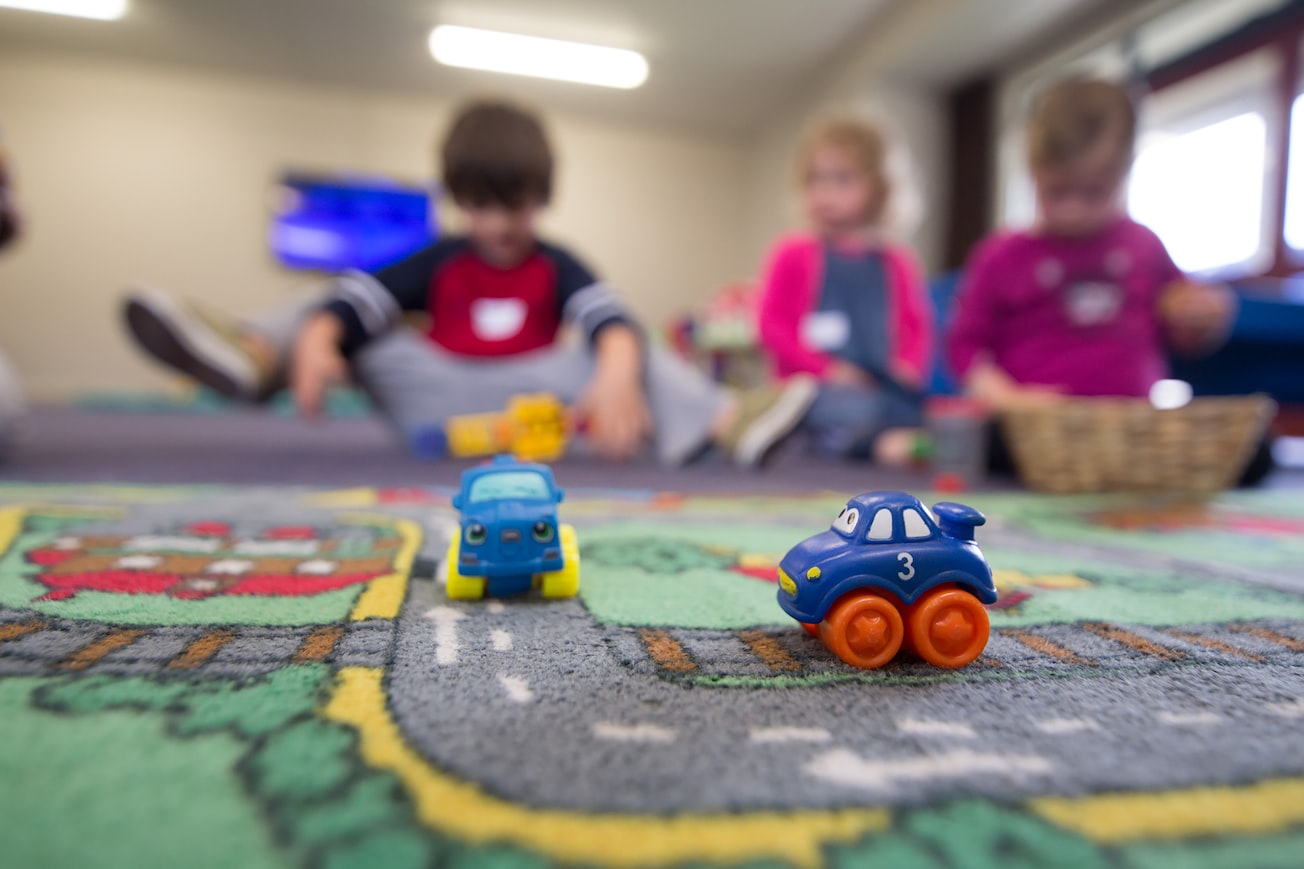What is it about?
We were interested in the effect that child-care attendance has on child development. In particular, we examined the number of hours per week children attended center-based child-care. We found that the more children attended child-care, the less environment played a role in their school readiness, to the benefit of genes.
Featured Image

Photo by BBC Creative on Unsplash
Why is it important?
Home environment varies a lot from a child to another, with some environments being harmful for child development. The results of our study show that child-care could buffer negative effects from such low-quality environments, helping children develop the skills required for school.
Perspectives
It was interesting for me to be involved in this project because I am a mother of two children who do not attend child-care. I think it helped me nuance the results so that the keep-home message is not merely that child-care is best for children, but rather that it reduces the role of environment on child development. In other words, child-care is thought to mainly benefit children from low-quality home environments.
Dr Catherine Mimeau
Université TÉLUQ
Read the Original
This page is a summary of: The Intensity of Formal Child-Care Attendance Decreases the Shared Environment Contribution to School Readiness: A Twin Study, Child Psychiatry & Human Development, October 2022, Springer Science + Business Media,
DOI: 10.1007/s10578-022-01440-6.
You can read the full text:
Contributors
The following have contributed to this page







